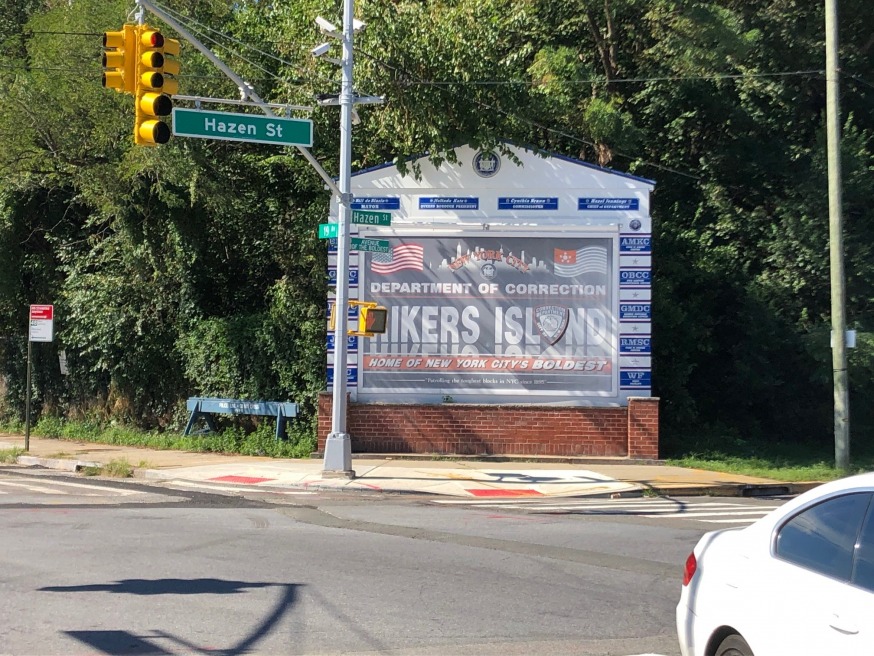
200 men detained at Rikers Island say they are on hunger strike to protest conditions at the jail facility (Photo: Queens Post)
Jan. 12, 2022 By Allie Griffin
Approximately 200 men detained at the Rikers Island jail facility have organized a hunger strike —claiming that it is in response to being denied basic services and being forced to live in inhumane conditions.
The men started the hunger strike to protest what they say is an unacceptable level of violence—as well as unhygienic living quarters. The men cite other issues such as the lack of outdoor recreation, as well as a lack of medical and health assistance.
A spokesperson for the Department of Corrections said that while the inmates are refusing department meals, they are eating food from the commissary.
The protest marks what several elected officials say is an increasingly dire situation at the jail facility. Staffing shortages and COVID-19, they argue, have created a dangerous environment for the roughly 5,400 people detained — most of whom are awaiting trials.
Last year, 15 people held at Rikers died — the highest number of inmate fatalities at the facility since 2016.
Many of the detainees have been denied access to outdoor recreation, the law library and other areas because they are quarantined due to a COVID exposure, according to the reports.
However, COVID infection is nearly impossible to avoid as many of the protesting inmates live in dorm-style settings with beds just a foot apart.
Inmates also said they have not received their mail and packages and do not have adequate heat in their quarters as temperatures dip below freezing.
One of their biggest concerns, according to reports, is the delay — or altogether absence — of medical services.
Queens Council Member Tiffany Cabán, whose district includes Rikers Island, said she has heard of one instance in which a person waited two and a half weeks to have broken bones put in a cast.
“These conditions are torture, plain & simple,” Cabán tweeted.
One Comment

It’s literally prison. If you have a roof over your head, clothes on your body, water to drink and food to eat then shut up and think about what got you there in the first place and how you will be better when you are free again.